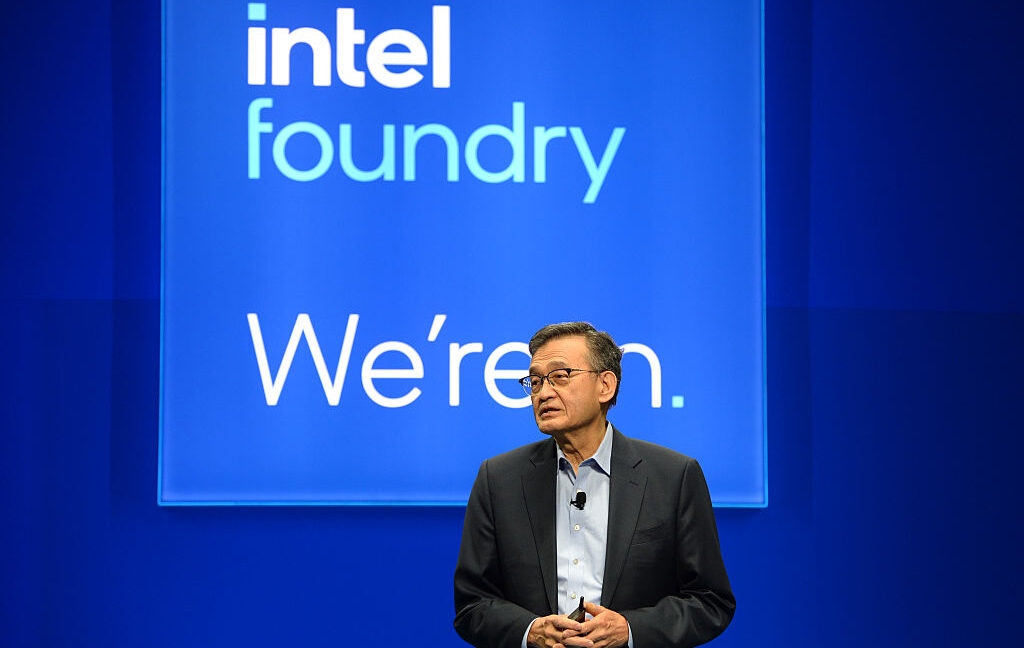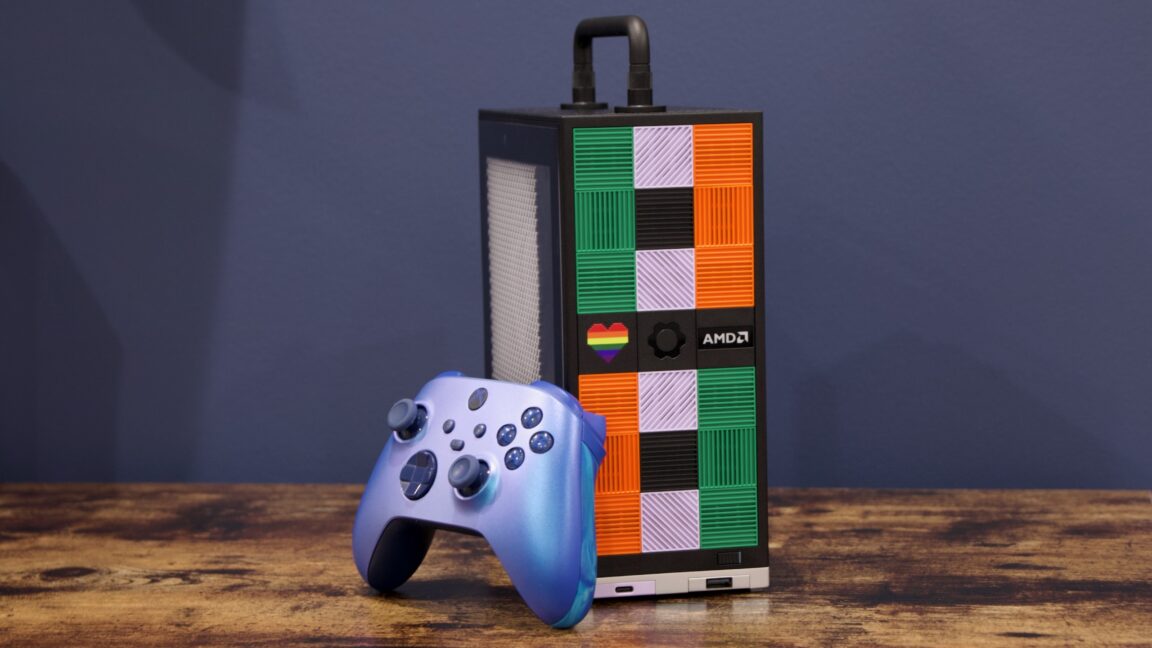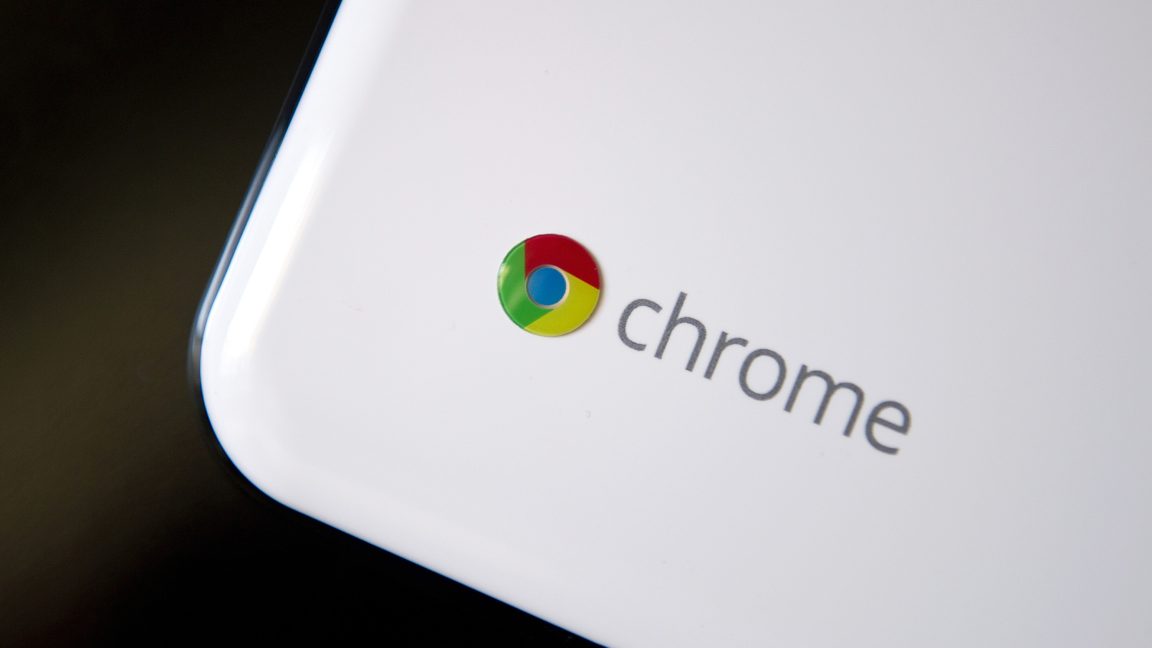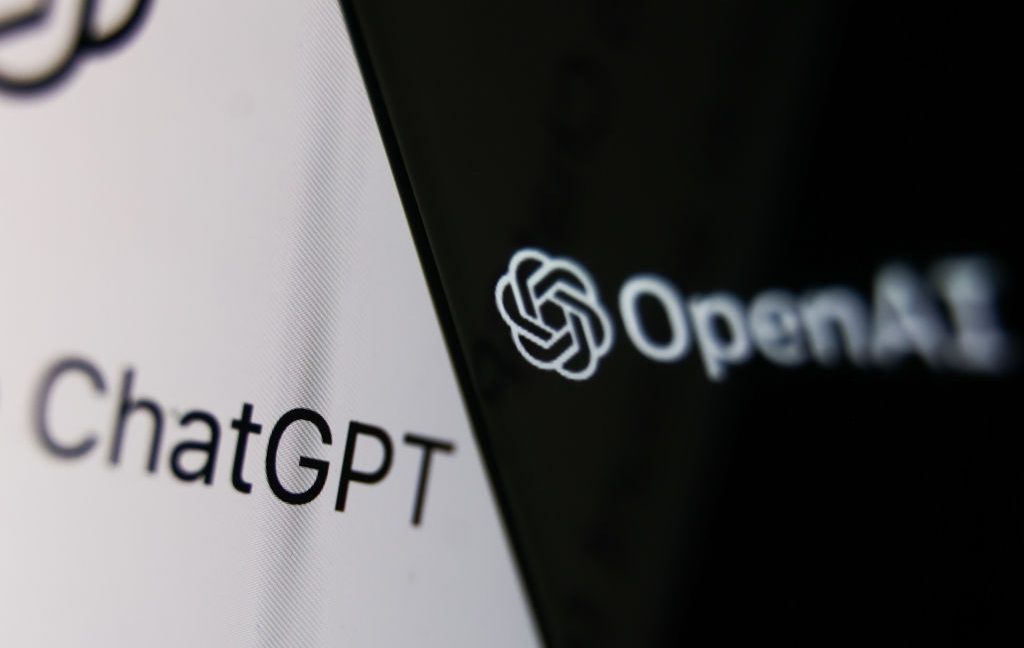President Trump's Statement on Intel's CEO Sparks Controversy

Recently, Donald Trump has made headlines with a bold demand for the resignation of Intel's newly appointed chief executive, Lip-Bu Tan. Trump alleges that Tan, a seasoned veteran in the semiconductor industry, is "highly conflicted" and insists this is a pressing issue that must be resolved without delay.
In a post published on his Truth Social platform, Trump remarked, "The CEO of INTEL is highly CONFLICTED and must resign, immediately." Despite the severity of the accusation, no specific details were provided regarding the conflicts of interest associated with Tan. This statement follows a letter from Republican Senator Tom Cotton to Intel's board chair, raising concerns about the security protocols of Intel's operations and Tan's business connections in China.
Over the years, Tan has maintained close financial ties with Chinese technological enterprises. His investments have come through his San Francisco-based venture capital firm and others located in Hong Kong. Among these investments is Semiconductor Manufacturing International Corp, China's premier chip manufacturer.
Prior to his tenure at Intel, Tan led Cadence Design Systems, a company that recently acknowledged it breached US export controls by selling chip design tools to a military-affiliated Chinese university. Both Intel and the White House have yet to comment on Trump's statements. Meanwhile, Intel's stock has experienced a 3% decline in pre-market trading.
Touted as Intel's CEO in March, Tan stepped in after the former leader, Pat Gelsinger, was ousted. His leadership comes at a pivotal time for the Silicon Valley tech giant, with a noteworthy dependence on US government subsidies and loans aimed at bolstering its chip manufacturing capabilities - an area where Intel has lagged behind competitors such as Taiwan Semiconductor Manufacturing Company.
In an earlier warning, Tan suggested the potential cessation of next-gen manufacturing technology development should Intel fail to secure a "significant external customer," potentially ceding the cutting-edge chip market to TSMC.
Senator Cotton's correspondence stressed on the accountability Intel owes to American taxpayers, especially with such substantial government support. "Mr. Tan's associations raise questions about Intel's ability to fulfill these obligations," Cotton declared in his message to Frank Yeary, the Intel board chair.



